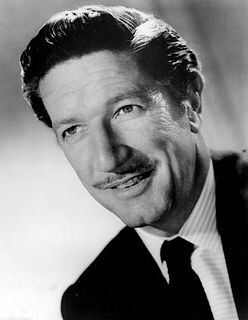A Quote by William Penn
Some men do as much begrudge others a good name, as they want one themselves: and perhaps that is the reason of it.
Related Quotes
Children who wish to become good and great men or good and noble women, should try to know well all the people whom they meet. Thus they will find that there is no one who has not much of good; and when they see some great folly, or some meanness, or some cowardice, or some fault or weakness in another person, they should examine themselves carefully. Then they will see that, perhaps, they too have some of the same fault in themselves - although perhaps it does not come out in the same way - and then they must try to conquer that fault.
I was sorry for her; I was amazed, disgusted at her heartless vanity; I wondered why so much beauty should be given to those who made so bad a use of it, and denied to some who would make it a benefit to both themselves and others. But, God knows best, I concluded. There are, I suppose, some men as vain, as selfish, and as heartless as she is, and, perhaps, such women may be useful to punish them.
Whereas happiness is the highest good, being a realization and perfect practice of virtue, which some can attain, while others have little or none of it, the various qualities of men are clearly the reason why there are various kinds of states and many forms of government; for different men seek after happiness in different ways and by different means, and so make for themselves different modes of life and forms of government.
I know some say, let us have good laws, and no matter for the men that execute them: but let them consider, that though good laws do well, good men do better: for good laws may want good men, and be abolished or evaded [invaded in Franklin's print] by ill men; but good men will never want good laws, nor suffer ill ones.
I rejoice that horses and steers have to be broken before they can be made the slaves of men, and that men themselves have some wild oats still left to sow before they become submissive members of society. Undoubtedly, all men are not equally fit subjects for civilization; and because the majority, like dogs and sheep, are tame by inherited disposition, this is no reason why the others should have their natures broken that they may be reduced to the same level.
But I think that because they trusted themselves and respected themselves as individuals, because they knew beyond doubt that they were valuable and potentially moral units -- because of this they could give God their own courage and dignity and then receive it back. Such things have disappeared perhaps because men do not trust themselves anymore, and when that happens there is nothing left except perhaps to find some strong sure man, even though he may be wrong, and to dangle from his coattails.
If men want to oppose war, it is statism that they must oppose. So long as they hold the tribal notion that the individual is sacrificial fodder for the collective, that some men have the right to rule others by force, and that some (any) alleged “good” can justify it-there can be no peace within a nation and no peace among nations.
All men who have ideals . . . live by some kind of faith, by committing themselves to some kind of loyalty which is not universally recognized as the common property of all thinking men. They must have something-something outside themselves, to make them feel life is worth living, that good rather than evil is the explanation of the world.








































